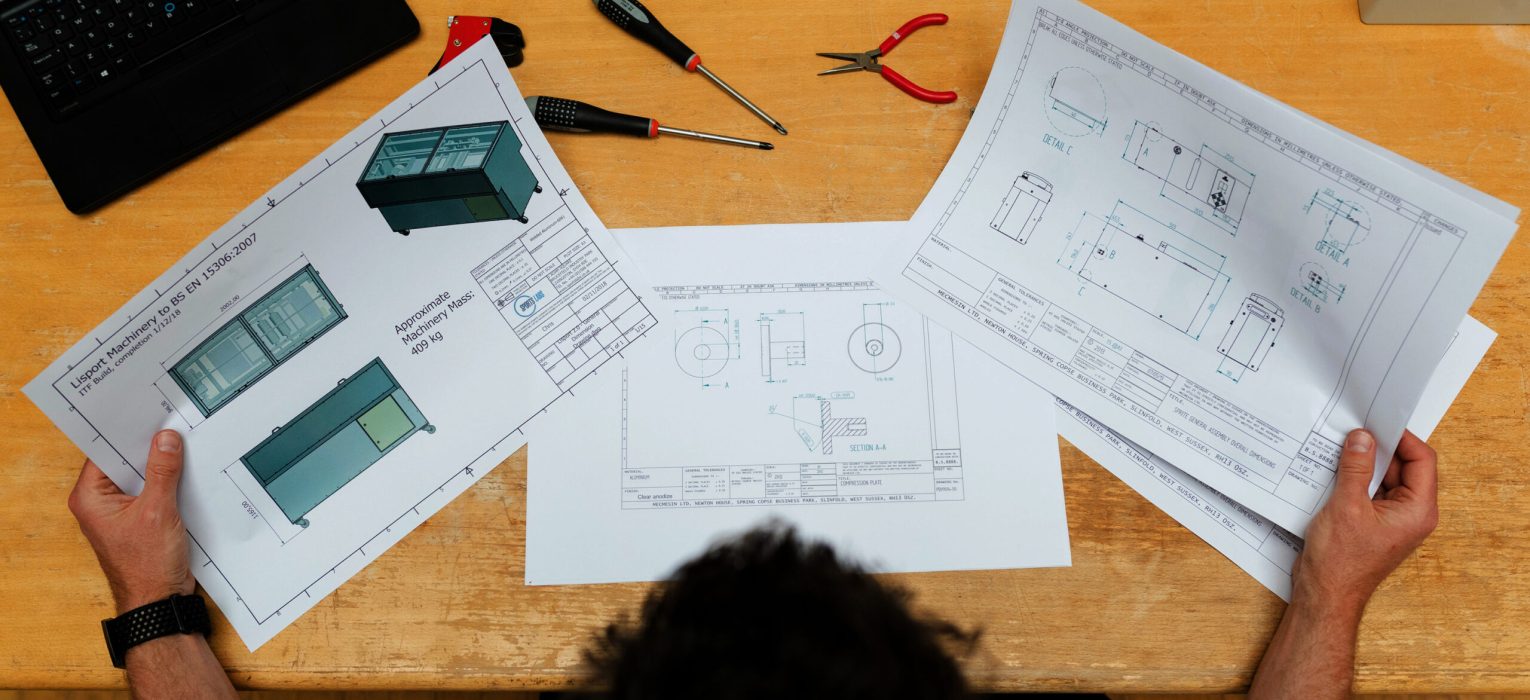If you feel you don’t have the necessary skills for technical editing—if the mere idea of it bores you or intimidates you—know that there is hope.
The definitions of technical editing range from editing “anything other than fiction or news articles” to “editing engineering, scientific, medical, or other complex documents” (stc-techedit.org). These definitions might make technical editing seem broad and unapproachable, especially for those without a technical background. Fortunately, the reality of technical editing is much less intimidating.
THE RESEARCH
In 2017, Melinda L. Kreth—a professor at Central Michigan University—and Elizabeth Bowen surveyed 253 technical editors of various educational backgrounds to discover technical editors’ opinions about their profession. They compiled their research in the article “A Descriptive Survey of Technical Editors,” published in IEEE Transactions on Professional Communication. In this survey, Kreth and Bowen wanted to not only “include some of the same kinds of closed-ended questions posed in previous surveys about specific editing practices and tools” but also “obtain qualitative data.” Many of the survey questions were thus left open-ended in order to better understand the technical editors who participated.
Participants were asked to answer several quantitative questions about their careers, with qualitative follow-up questions included at the end of the survey. The results of the survey indicated that the technical editors worked mainly with complex texts in medical, engineering, scientific, or similar fields. Their job titles ranged from “technical editor” to “copy editor” to simply “editor.”
The participants emphasized the necessity of patience, timeliness, detail-orientation, flexibility, and kindness as personality traits useful for success as a technical editor. One participant mentioned that at the beginning of his career, understanding technical material could be difficult. However, he became familiar with it over time. For 30 years, he was a generalist and could help writers with his basic knowledge and understanding of scientific concepts. Later, he chose to specialize in one field and was able to provide help on “inconsistencies, errors in terms, logic, and so forth.” This suggests that technical editors can provide help both as general technical editors and also as technical editors in specific fields. The type of help is different, but in each case the editor provides value to their projects.
All participants said they enjoyed “helping produce quality work,” even though many of the editors had no particular expertise in the fields of the texts they were editing (only 35% of participants had education in technical fields). Over 90% of participants ranked the following statement as a 4 (the highest value on a scale of 1 to 4): “I am proud of the work I do.”
How one prepares to become a technical editor is also as much about personality and opportunity as it is about formal preparation, education, and certification.
—Melinda L. Kreth (2017)
THE IMPLICATIONS
While the subject-matter of technical editing can seem challenging and sometimes dull, it is by no means unapproachable.
Many of the technical editors who participated in Kreth and Bowen’s (2017) study started out as general editors. They had no specialized education in their respective technical fields, yet they gained the skills necessary for editing in those fields through consistent hard work. They studied material in their respective technical fields, editing, and publishing, and they attended conferences. Many became familiar with their technical fields primarily as a result of editing in that field and learning on the job. They valued patience, timeliness, detail-orientation, flexibility, and kindness. Taking initiative enabled them to feel proud of their work and enjoy helping writers produce quality technical texts.
The research reported in this survey intimates, above all else, that a determined, adaptable, and indomitable personality is more important to the success of a technical editor than any amount of specialized training. Regardless of the background from which you approach technical editing, your success is not barred by the complexity of the material you work with. You can work with the skills that you have if you have the sticktoitiveness and personal drive to succeed.
At a glance, technical editing may seem daunting, but there is no difficulty within it that cannot be overcome by a dedicated editor.
To learn more about the specifics of technical editors in their specific genres, read the full article:
Kreth, Melinda, and Elizabeth Bowen. 2017. “A Descriptive Survey of Technical Editors.” IEEE Transactions on Professional Communication 60, no. 3 (May): 238–55. https://doi.org/10.1109/TPC.2017.2702039.
—Lorin Hurley, Editing Research
FEATURE IMAGE BY THIS IS ENGINEERING
Find more research
Read Carol Gerich’s (1994) article to learn more about the day-to-day work of technical editors: “How Technical Editors Enrich the Revision Process.” Technical Communication 41, no. 1 (February): 59–70. https://www.jstor.org/stable/43090914?seq=1.




